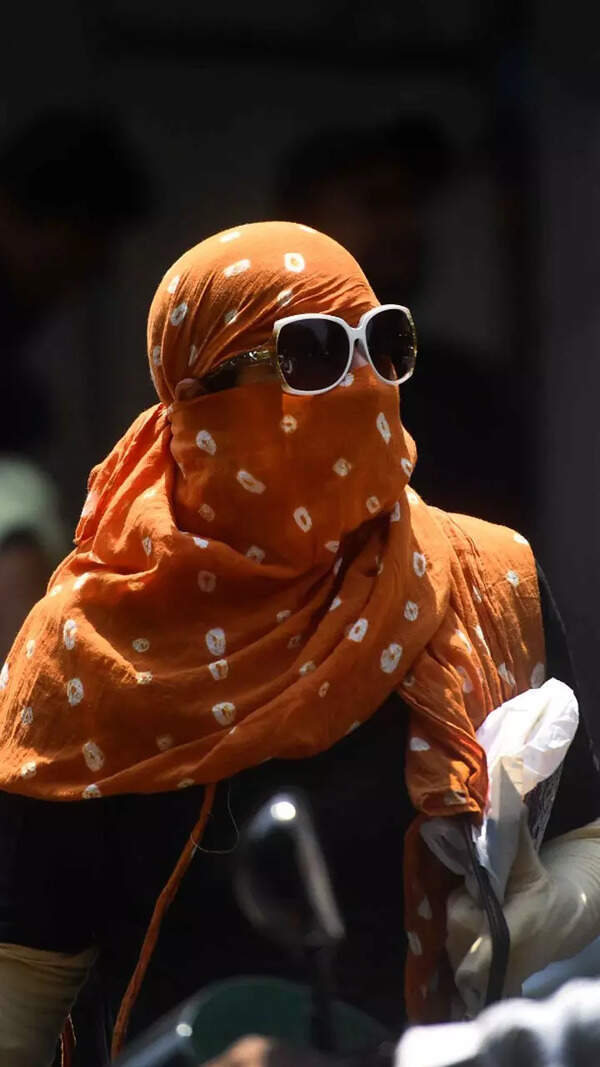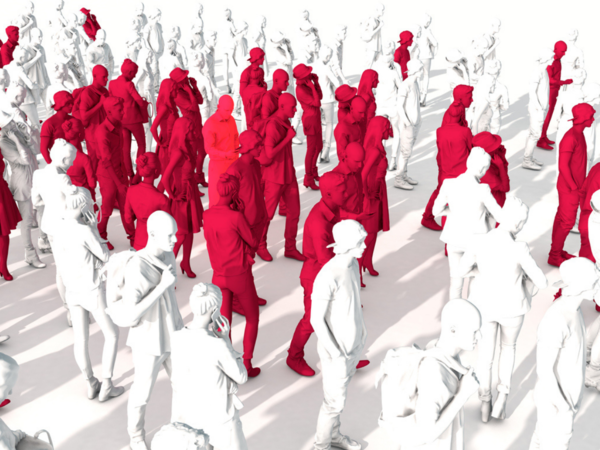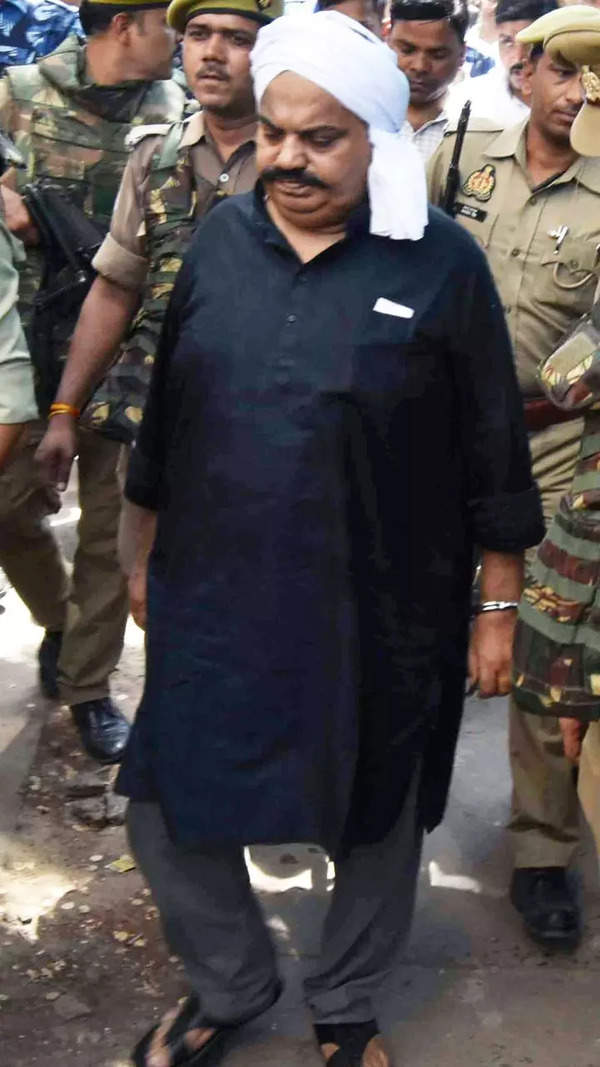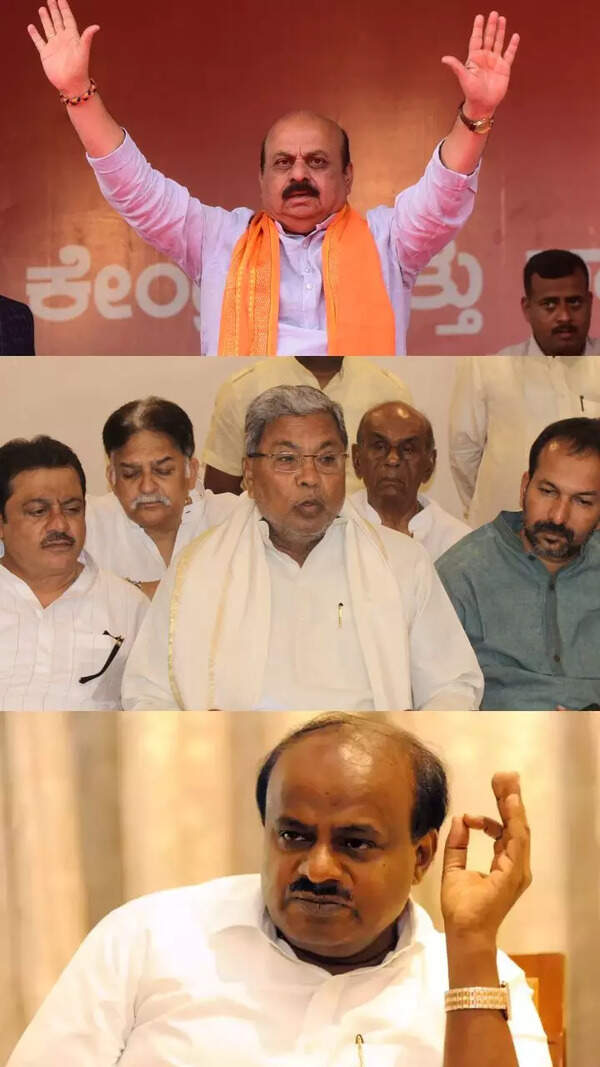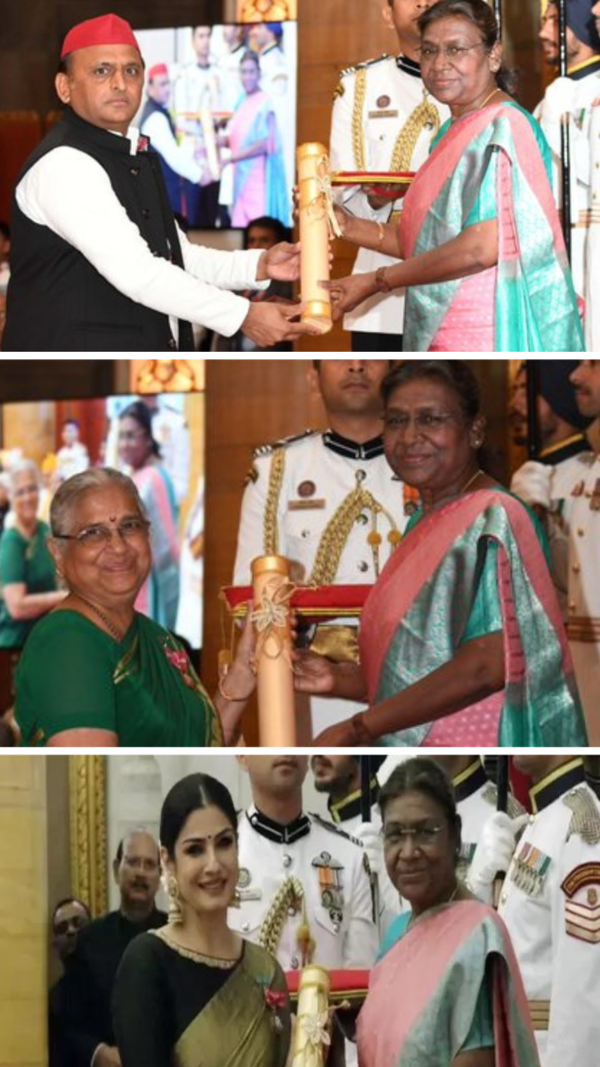- News
- India News
- Explainer: Same-sex marriage case in Supreme Court
Trending Topics
Explainer: Same-sex marriage case in Supreme Court

With the world watching curiously, the Supreme Court began on Tuesday hearing petitions seeking legal recognition of same-sex marriages.
Two things happened during the day. SC's constitution bench headed by CJI DY Chandrachud narrowed down the scope of the case — to the Special Marriage Act, deciding to skip the provisions of the personal laws, apparently to keep religious groups pacified.
The bench recognised the question of marriage, especially the same-sex marriage, as a "complex" issue.
The Special Marriage Act, a religion-neutral marriage law passed in 1954, governs a civil marriage — meaning that the State sanctions the marriage rather than the religion, which is a more popular form of validation for a wedlock.
"It is not the question of what your genitals are. It is far more complex, that's the point. So, even when the Special Marriage Act says man and woman, the very notion of a man and a woman is not an absolute based on genitals."
Referring to the laws on transgenders — such as the right to choose partners, privacy right, right to choose sexual orientation, and any discrimination is criminally prosecutable — Solicitor General Tushar Mehta said, "The conferment of socio-legal status of marriage cannot be done through judicial decisions. It cannot even be done by the legislature. The acceptance has to come from within the society."
He argued, "Hindus and Muslims and other communities will be affected and that is why the states should be heard."
The bench responded, "We are not going into the personal laws and now you want us to get into it. Why? How can you ask us to decide it? We cannot be compelled to hear everything."
Then this will amount to "short circuiting" the issue and the Centre's stand is not to hear it all, Mehta shot back, prompting CJI to say, "We are taking a middle course. We don't have to decide everything to decide something."
'Far reaching implications', Centre says
The Centre has requested the Supreme Court to join all states and Union Territories (UTs) as a party in the ongoing hearing on petitions seeking legal sanction to same-sex marriages.
The Centre, in an affidavit, said: "The Union of India, reiterates its request to join all states and Union Territories as a party to the present case, invite the views of the various states on the present issue, which clearly falls within their legislative domain and only thereafter, proceed to decide the question before the Hon'ble Court".
The affidavit said the present matter and issue delineated by this court, even when limited to the Special Marriage Act, 1954, entails the purported judicial creation of a social institution called "marriage" of a different kind than contemplated under the existing law.
"That is submitted that the framers of the Constitution have specifically provided for a separate Entry in the Concurrent List which is a part of the Seventh Schedule of the Constitution of India conferring a constitutional function of legislating with respect to this institution of marriage, the requisite conditions for a valid marriage, regulations of such institutions like making provisions for divorce, alimony etc", it added.
Two things happened during the day. SC's constitution bench headed by CJI DY Chandrachud narrowed down the scope of the case — to the Special Marriage Act, deciding to skip the provisions of the personal laws, apparently to keep religious groups pacified.
The bench recognised the question of marriage, especially the same-sex marriage, as a "complex" issue.
Special Marriage Act
The Special Marriage Act, a religion-neutral marriage law passed in 1954, governs a civil marriage — meaning that the State sanctions the marriage rather than the religion, which is a more popular form of validation for a wedlock.
What SC said on Tuesday
"It is not the question of what your genitals are. It is far more complex, that's the point. So, even when the Special Marriage Act says man and woman, the very notion of a man and a woman is not an absolute based on genitals."
A faceoff
Referring to the laws on transgenders — such as the right to choose partners, privacy right, right to choose sexual orientation, and any discrimination is criminally prosecutable — Solicitor General Tushar Mehta said, "The conferment of socio-legal status of marriage cannot be done through judicial decisions. It cannot even be done by the legislature. The acceptance has to come from within the society."
He argued, "Hindus and Muslims and other communities will be affected and that is why the states should be heard."
The bench responded, "We are not going into the personal laws and now you want us to get into it. Why? How can you ask us to decide it? We cannot be compelled to hear everything."
Then this will amount to "short circuiting" the issue and the Centre's stand is not to hear it all, Mehta shot back, prompting CJI to say, "We are taking a middle course. We don't have to decide everything to decide something."
'Far reaching implications', Centre says
The Centre has requested the Supreme Court to join all states and Union Territories (UTs) as a party in the ongoing hearing on petitions seeking legal sanction to same-sex marriages.
The Centre, in an affidavit, said: "The Union of India, reiterates its request to join all states and Union Territories as a party to the present case, invite the views of the various states on the present issue, which clearly falls within their legislative domain and only thereafter, proceed to decide the question before the Hon'ble Court".
The affidavit said the present matter and issue delineated by this court, even when limited to the Special Marriage Act, 1954, entails the purported judicial creation of a social institution called "marriage" of a different kind than contemplated under the existing law.
"That is submitted that the framers of the Constitution have specifically provided for a separate Entry in the Concurrent List which is a part of the Seventh Schedule of the Constitution of India conferring a constitutional function of legislating with respect to this institution of marriage, the requisite conditions for a valid marriage, regulations of such institutions like making provisions for divorce, alimony etc", it added.
Start a Conversation
FOLLOW US ON SOCIAL MEDIA
FacebookTwitterInstagramKOO APPYOUTUBE


